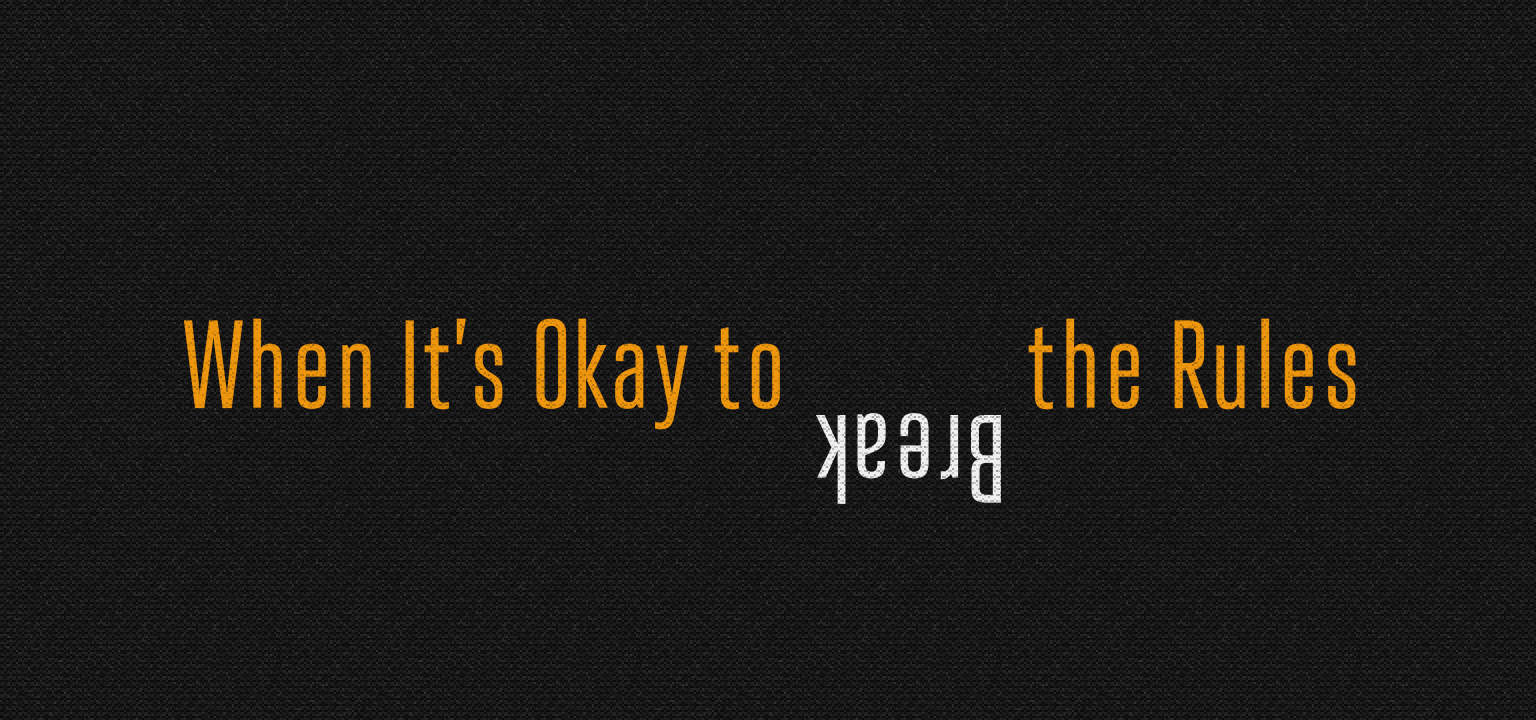If you’re a writer, you know there are rules. Lots of rules. The rules are rehashed in almost every writing “how to” book.
They include no simultaneous submissions; always include a SAE (Stamped Addressed Envelope); limit query length to one page; there’s a “standard” contract; editors are busy, so don’t phone; and many more.

The book was out in 2004 and Linda said: “Join the Renegade Writers mailing list for a diary of the making of the book plus freelance writing success tips”:
Why should you break the Idiot Rules with impunity? Because you’re smart.
Let’s look at a couple of the Idiot Rules, and assess whether it makes sense to stick to them or not.
Firstly, the perennial favorite, the Top Of The Idiot Rule Pops — “always send a Stamped Addressed Envelope with your query letter”.
For the record, I’ve been freelancing for over 20 years and I’ve never included a SAE. I haven’t been struck dead, and no editor has ever commented on the lack of a SAE.
My attitude to query letters (also known as proposals) is that they’re an ordinary business communication (see my article “How To Write A Proposal To Get Freelance Work” in this issue, scroll down) from one business to another.
The magazine or publishing company that I’m sending the letter to is free to answer my letter, or bin it. Do they expect their other suppliers to send SAEs?
Another classic Idiot Rule is “No Simultaneous Submissions”.
I’ve never hesitated to break this one. Until I’m offered a contract and have signed that agreement, I’m free to offer my products for sale where I like, so I do.
All editors know that professional writers make simultaneous submissions whenever they think a project would be a good fit for several publications.
So if an editor is interested, she’ll usually get on the phone or send an email message to indicate her interest within a week or two, sometimes within hours.
Whatever your trade, whether you’re a writer or other creative, assess the rules. Whenever you find a rule that’s obviously an Idiot Rule, break it.






